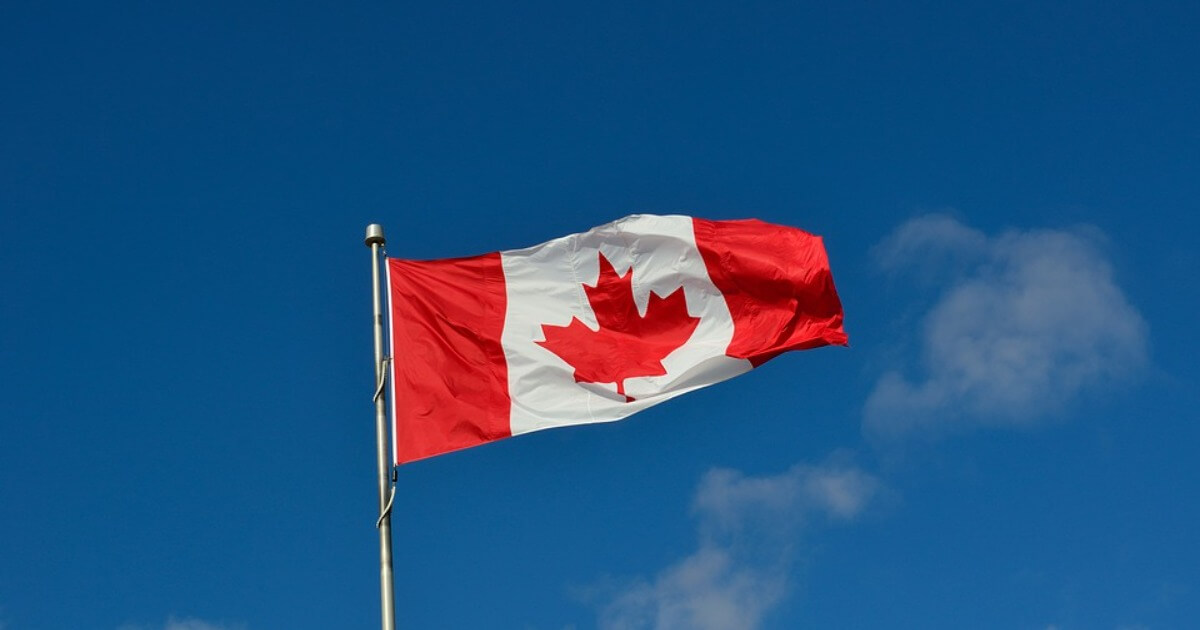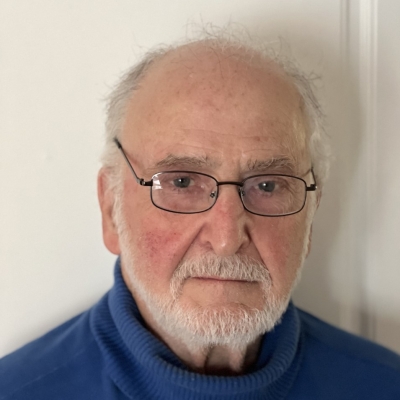Beyond Canada: What Fuels the “Trucker’s Convoy”?
The “freedom convoys” that have occupied the heart of Ottawa speak to a medley of weaknesses in Canada’s political system.
February 18, 2022

The world is, for once, focused on Canada, watching because our pretensions as a civil society and stable state have been punctured.
While the Canadian government is finally closer to lifting the siege, the crisis is far from over. Although the Trudeau government has now invoked emergency powers and is seeking to remove the blockade of downtown Ottawa, the underlying problems and strife remain.
They are not going to be resolved easily. What is happening here is not a straight-up demonstration of civil disobedience over a set of government policies. It is, as they say, complicated.
How complacency enabled violent defiance
The “freedom convoys” that have occupied the heart of Ottawa for over three weeks have been a more profound shock to the Canadian political system than they would have been in many other democracies.
Why is that so? Canadians have long believed that a political culture based on “peace, order and good government” and a society accustomed to deference could never become vulnerable to outright blackmail intended to bypass traditional political – i.e., parliamentary – structures.
Favoring individual rights over societal obligation
Canada’s Constitution, The Charter of Rights and Freedoms, was drafted in the 1960s´ spirit of “personal liberation.” It avoids any definition of personal or social responsibility.
As a consequence, we have had 50 years of jurisprudence and “civics” that, rightly, encourage the vindication of past wrongs and the protection of the marginalized, but provides no definite view of what constitutes the core responsibilities of citizenship.
Filling a gap
There is no clear line of demarcation, for instance, in what constitutes legitimate free speech and illegal forms of dissent.
Until now, no organized movement had taken advantage of the room that this “rights” culture provides for extreme demonstration of protest.
Now, one has done so with implicit threats of violence, and stumped the authorities who have acted (or not acted) in the belief that “it could not happen here.”
Cultural constraints on the exercise of state authority
An important contribution to of the success of the “Trucker Convoy” has been the politicization and ineffectiveness of our police culture.
As the convoy of truckers, although known to be armed and using violent language, drove east across the country, the police were completely unprepared.
There was no effort to stop them, with the result that the truckers occupied the area around the national parliament and elsewhere in the core of Ottawa.
Who are the trucker/occupiers?
Other than being white, the “Truckers” are a heterogeneous lot. Some have brought their big trucks from far away. Others come from nearby. Many are in the trades or in farming.
A few of the truckers are armed and threaten violence. Many are not — and bring their children. As some come to join the protest, others go back home – so there is a constant replenishment of the truckers’ numbers. Some justify their actions by religious beliefs. None have a clear objective except disruption.
Having it both ways
The truckers’ access to the welfare state – free healthcare, employment insurance and COVID financial supplements – remain uninterrupted. The protest thus makes for a cheap holiday after two years of “imposed” restraint.
The irony in all this is that the trucker-occupiers direct their ire at the welfare state and its supposedly overblown interest in regulation – even when that same welfare state they despise is a source of financial sustenance for the occupiers.
Editor’s note: Read also the second part of this feature: Beyond Canada “Trucker’s Convoy”: What It Means for the Western World
Takeaways
An important part of the Canadian public's support of the truckers is to express disdain for PM Trudeau.
The trucker “freedom convoys” have resulted in a profound shock to the Canadian political system.
Canada’s Constitution -- drafted in the 1960s´ spirit of “personal liberation” encourages the protection of the marginalized.
The big irony is that the trucker-occupiers direct their ire at the Canadian welfare state and its supposedly overblown interest in regulation from which they benefit.
Canada stands out among many of its G7 partner nations as 90% of Canadians are vaccinated. The adherence of most Canadians to a sense of collective responsibility has kept ideological rifts from ripping society apart altogether.
There is a risk in a dual loss of confidence in Canada as a state, as the divide between the compliant, vaccinated majority and a dissenting minority ossifies and hardens.
Read previous

Global Democracy
Goodbye to Facebook?
February 15, 2022
